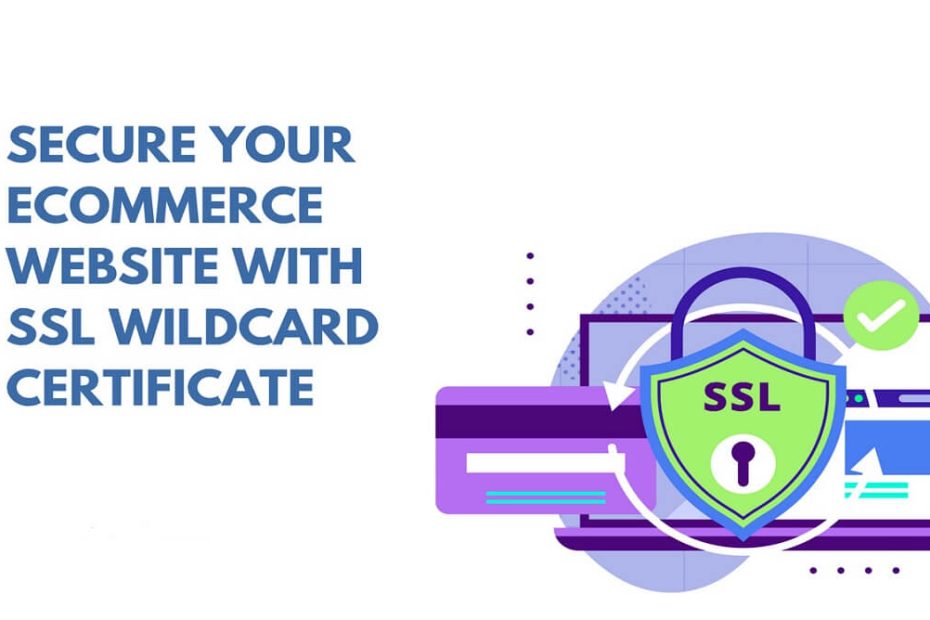Do you have an e-commerce website? If this is the case, security should be your main focus. With the growing number of cyber threats and hacking attempts, protecting your online store from unwanted access is critical. This is when SSL Wildcard Certificates come in handy! In this blog post, we’ll discuss how SSL Wildcard Certificates can assist in improving the security of your e-commerce site and protect critical data. In addition, we’ll help you obtain an SSL Wildcard Certificate for your website. So keep an eye out!
How does an SSL Wildcard Certificate help secure my e-commerce site?
An SSL Wildcard Certificate is a great way to secure your e-commerce site. It establishes a secure connection between the visitor’s browser and your website server, guaranteeing that all data exchanges are encrypted and safe from prying eyes.
You may protect several subdomains under a single domain name with an SSL Wildcard Certificate. The cheapest SSL certificate protects your main page and all its subdomains. Everything sent over these subdomains will be encrypted, including customer information and payment information.
This implies that any critical information entered on your website will stay private and inaccessible to hackers. With encryption in place, you can rest assured that both customer data and transactions are secure.
One of the major advantages of using an SSL Wildcard Certificate is that it displays a padlock icon next to your URL in the address bar. This lock icon visually confirms to clients that they are browsing on a secure site with active security measures protecting their personal data.
In summary, having an SSL Wildcard Certificate set up on your e-commerce site shows that you’ve taken steps to secure client data and give them trust while shopping online.
How to get started with an SSL Wildcard Certificate for my e-commerce site?
It’s easy to get started with an SSL Wildcard Certificate for your e-commerce site, but ensuring sure you’re following the right steps is crucial. The first step is to find a reliable and trustworthy SSL provider. With so many options available, deciding which one is best for you might be challenging.
Once you’ve found a provider who fulfills your criteria, you must select the type of certificate that best suits your company’s needs. Secure communication across several domains within the same subdomain level is possible using an SSL Wildcard Certificate, which requires only one certificate. This means that without the need for separate certificates, all subdomains under a single domain name can use encryption.
After selecting the appropriate certificate, purchase it from the provider and configure it according to their instructions. In general, this requires issuing a Certificate Signing Request (CSR) from your server and presenting it to them, together with other relevant information, such as domain validation details.
Once everything is correctly set up and installed on your server(s), visitors to your subdomain will see “HTTPS” in their browser address bar, signaling they are viewing a secure website!
Benefits of using an SSL Wildcard Certificate
There are various advantages to using an SSL Wildcard Certificate for your e-commerce website. To begin with, it can save you a significant amount of time and money when compared to using individual certificates for each subdomain. With just one certificate, you may secure an unlimited number of subdomains under the same domain name.
Following that, it adds an extra degree of protection by encrypting all data exchanged between the browser and the server using the HTTPS protocol. This safeguards any important information entered on your website against prospective hackers or identity thieves.
Furthermore, having an SSL Wildcard Certificate increases client trust because they will see the padlock icon in their browser, signifying a secure connection. Customers are more likely to complete purchases when they believe their personal information is secure.
Google promotes HTTPS-enabled websites with higher search ranks, which means more visibility and traffic for your e-commerce site.
